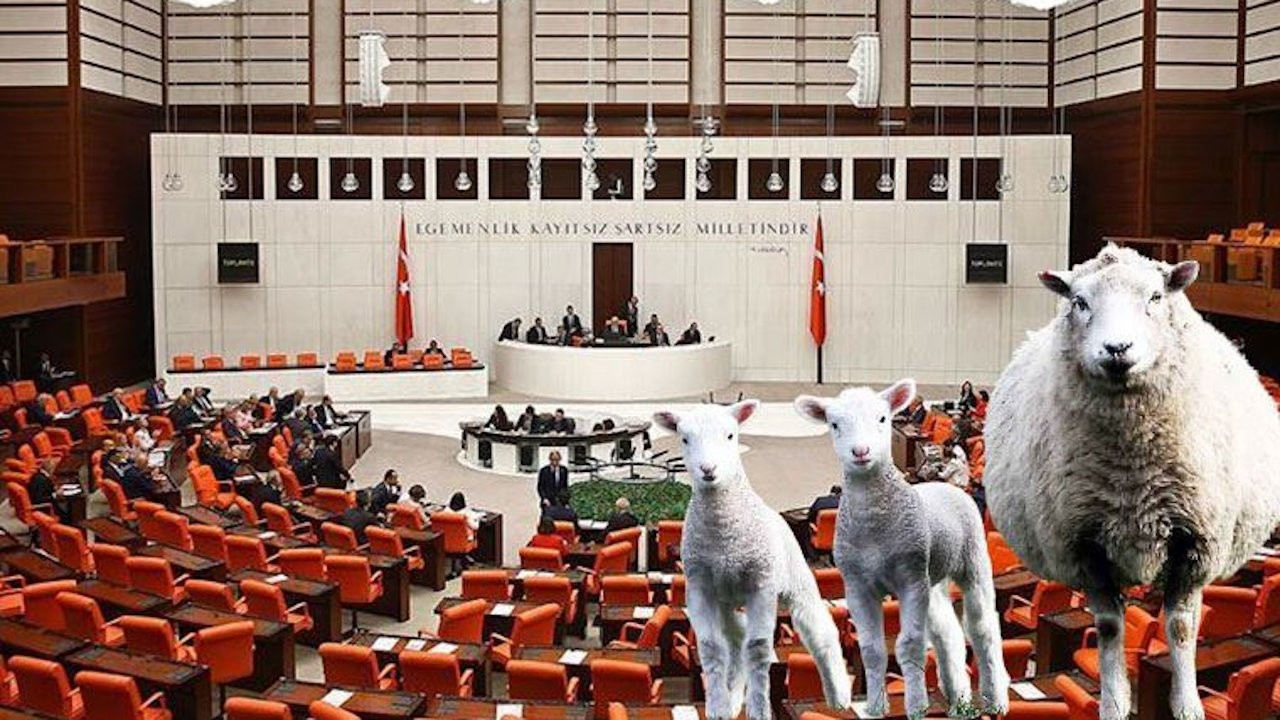Turkey looks abroad to employ sheep, cattle herders amid local shortage
The Turkish government is looking to employ sheep and cattle herders from abroad, as the country is unable to locally hire the 150,000 shepherds it urgently needs. Breeders cite the difficult work conditions and the shrinking rural population for the lack of herder supply.
Duvar English
Nihat Çelik, the president of the Central Union of Turkish Sheep and Goat Breeders (TÜDKİYEB), on July 10 stated that Turkey urgently needed 150,000 shepherds. He mentioned that the government was negotiating with Afghanistan and the Turkic Republics to employ shepherds from abroad.
In recent years, one of the challenges in Turkey's livestock industry has been the shortage of shepherds. It is estimated that there are about 40,000 "foreign shepherds" in Turkey. A recent statement by Trade Minister Ömer Bolat, saying, "If 25,000 Afghan shepherds left today, there would be no agriculture or livestock," sparked a new debate.
TÜDKİYEB President Çelik acknowledged the shortage of shepherds in the country and called for support for local shepherds. He noted that the number of animals in Turkey was not at the desired level, saying, "We are having difficulty finding shepherds. The term 'shepherd' was changed to 'herd manager.' No steps are being taken to make the profession of 'herd management' attractive. Shepherds' social security should be ensured," according to reporting by the ANKA news agency.
Çelik emphasized that foreigners should not be allowed to work without proper registration and security. He explained that due to the difficulty in finding local shepherds, they were forced to employ foreigners in some businesses. He noted that some foreign shepherds left for better-paying jobs, leading to uncertainty and fear for business owners.
Çelik stated, "We live in fear every morning, wondering if our shepherd has run away. Therefore, we cannot invest in this sector. We cannot increase the number of animals. Our ministries should regulate the standards and conditions for their work."
He added that the employment of foreign shepherds should be limited, noting that the small ruminant population, which was approaching 60 million, had dropped to around 52 million due to the departure of Afghan shepherds. He stressed that it would take considerable time to recover this loss and that the priority should be to have local citizens fill these roles.
Çelik highlighted the urgent need for 150,000 shepherds and noted that if there were no shepherding issues, livestock support would increase. He expressed concerns that locals were not inclined towards the shepherding profession.
With approximately 40,000 foreign shepherds in Turkey, Çelik explained that recent deportations and travel restrictions had left many businesses without herders. He emphasized that quickly directing people to shepherding was not feasible.
Çelik noted that the government was working on a solution to the shepherd shortage in Turkey, including negotiations with Afghanistan and the Turkic Republics. He mentioned that there was a draft plan for employing foreign shepherds, which would involve legal regulations and cooperation protocols with other countries. This initiative would ensure security and provide reassurance for the industry, addressing concerns about the identity and criminal records of foreign workers.


 Turkish shepherd lives alone in mountain for 17 years after traumatic theft incidentDomestic
Turkish shepherd lives alone in mountain for 17 years after traumatic theft incidentDomestic Turkish soldiers walked away from 15-year-old shepherd they shotHuman Rights
Turkish soldiers walked away from 15-year-old shepherd they shotHuman Rights 'Are they terrorists?': Turkish authorities detain 100 sheepDomestic
'Are they terrorists?': Turkish authorities detain 100 sheepDomestic